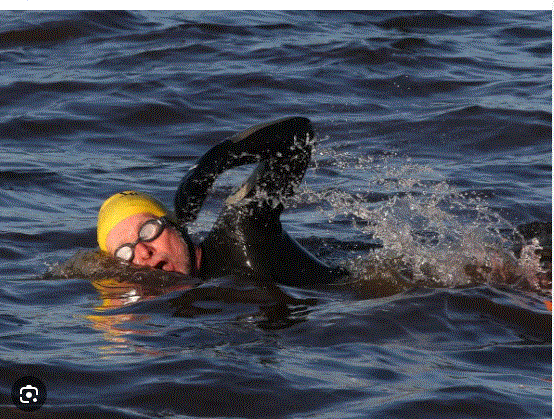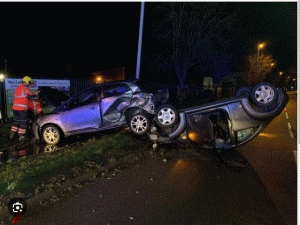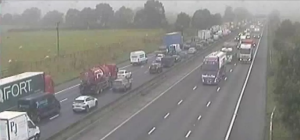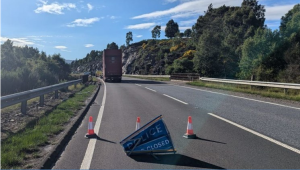
An experienced swimmer from Northumberland is urging action to be taken against the disposal of raw sewage into waterways.
Gil Owens, 73, says rubbish has prevented him from swimming at Amble’s Little Shore on multiple occasions.
He thinks that swimming and other water sports enthusiasts could be seriously put in danger if sewage is dumped into the lake.
“What happens is that the system gets overfull and is allowed to be discharged into the sea during periods of heavy rainfall,” he explained.
Ironically, based on their method of measurement, Northumbrian Water claims that the water quality of the beaches in Northumberland is great.
“They measure it over the course of a year, but from what I gather, water samples are obtained on a regular basis, after which they take
Mr Owens has been in communication with Anne-Marie Trevelyan MP, imploring her to back a private members’ bill that seeks to terminate the practice.
In the bill, Philip Dunne, the Conservative chair of the environmental audit committee, requests that water providers be required to make sure that untreated sewage is not released into rivers and inland waterways.

“The private members’ bill is going to try a reverse the pollution which is discharged into the rivers and seas,” he stated.
In its 2020 water quality report, Surfers Against Sewage (SAS) stated that there were 62 raw sewage releases from Amble Links in 2020.
Northumbrian Water took great pride in its environmental duties, according to a spokeswoman. We have maintained our industry-leading performance in reducing pollution, which has been attained.
Storm overflows (SOs) serve as a relief valve on our network to safeguard customers’ houses during periods of intense rainfall. The Environment Agency has given permission for this to occur, and any wastewater that is released is greatly diluted with rainfall.
“When this occurs, we try to send out a crew as soon as possible to clean up any debris.
“Whenever this water is combined with materials like plastics and wet wipes, it always disappoints me because they shouldn’t be added to our network because they don’t decompose and can create obstructions that put more strain on the system and raise the risk of spills or other pollutions.
Particularly problematic are wet wipes, which were involved in 64% of





